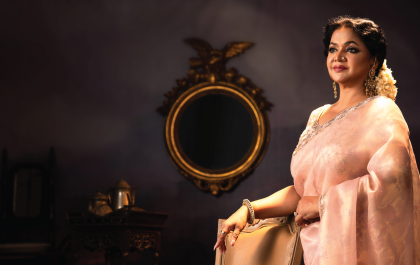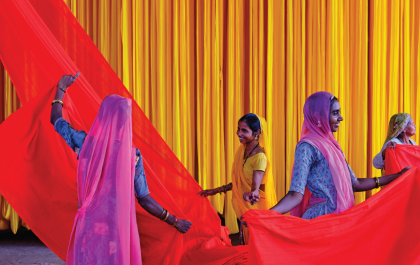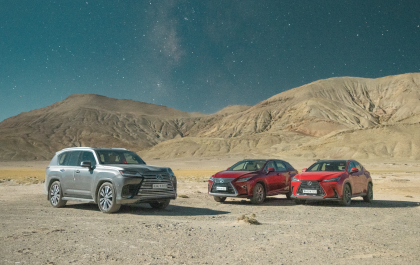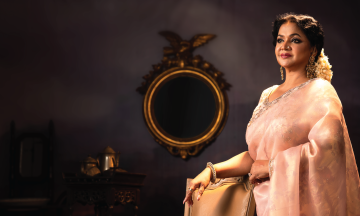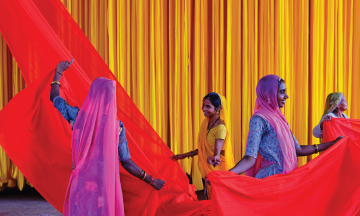Juggling two separate full-time careers isn’t a cakewalk, but this film director does it in style
By Ayman Anika
As a director and law enforcement professional, Sunny Sanwar’s journey has been nothing short of remarkable. He is recognized for his thought-provoking filmmaking and for addressing contemporary social issues through his works. The movie Dhaka Attack in 2017 marked Sanwar’s directorial debut, where he not only penned the story but also produced the movie.
Sunny Sanwar’s portrayal of police work, bomb disposal units, and high-stakes operations through his films and recent web series Mission Huntdown resonated with audiences and critics alike. Truly, his influence extends beyond the silver screen, inspiring a new wave of storytelling that intertwines the unique life experiences he gets as a policeman.
As this visionary filmmaker hopped on a call with MWB, we attempted to delve into his mind, exploring the motivations, challenges, and triumphs that have shaped his artistic journey.
This comes as a surprise to those who haven’t been following the industry closely, but you’ve been with the Dhaka Metropolitan Police for almost 15 years now, and that’s a full-time job. How did the entry into filmmaking start?
I worked with the Dhaka Metropolitan Police until 2020 and now, I am serving in the Anti-terrorism unit. Frankly, I decided to be a filmmaker because of my profession. We see a lot of international action films nowadays. And in reality, the life of a policeman is nothing short of an action-packed Hollywood movie. We have SWAT teams, bomb disposal units, and detectives. Every day presents a new obstacle for us and we try to find a solution to overcome it. So, I thought why not convey our real-life stories to the audience through films?
Consequently, I talked to Dipankar Dipon and we came up with the story for Dhaka Attack. I initially wrote the story for this film and worked with the team who developed the script. I was very happy when Dhaka Attack won the National Film Award. After this big and prestigious achievement, I started thinking about making other films. And voila! This is how I eventually got into filmmaking.
How do you balance these two very demanding roles?
My profession and experience mainly influence the vision I have for my films and undoubtedly, it is a difficult task to bridge the gap, which exists between the public and the police. Then again, I need to convince and show logic to many people when making a film. So, it is a very tough job.
But I am a very dedicated person and always immerse myself in the process of writing, generating ideas, and working on new stories. This is my passion and I enjoy it wholeheartedly. I stay awake at night and use my holidays to work on new projects. Yes, the lives of a policeman and a filmmaker are very demanding, but I balance them with sincerity and hard work.
What were the big challenges of bringing your vision to the screen?
Filmmakers are bound to face many challenges while working on a new film or other projects and I always keep this in mind. I feel that there is a lacking or a gap in terms of visual presentation in our industry. A lot of improvement can be made in this regard.
However, we are seeing many people completing diplomas or graduating in this subject or acting itself. So, I am hopeful that in the next one or two years we will see considerable improvement in our industry.
What was the biggest surprise from the experience?
I felt that there has been some sort of vacuum in our film industry. For example, for a certain period, people were not very interested to go to the movie theater. However, this practice is changing recently.
I still believe that the content we choose for our films does not attract our audience substantially. Therefore, we need to be conscious and think about what the audience wants to see on the screen. The audience should be able to connect with the films we make and the movies need to represent our real life and social scenario.
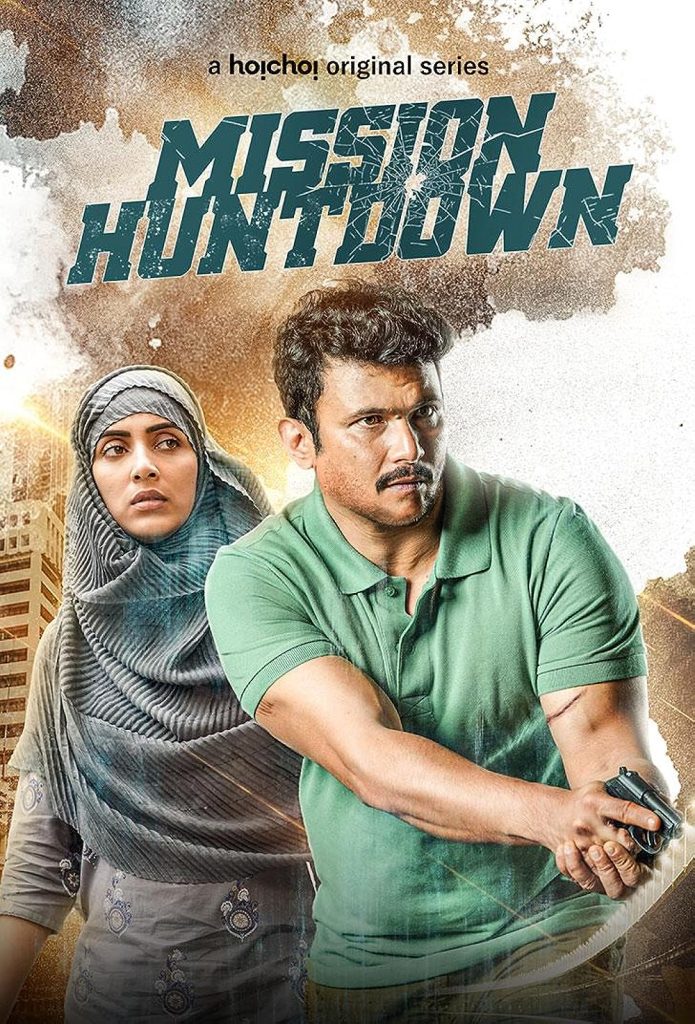
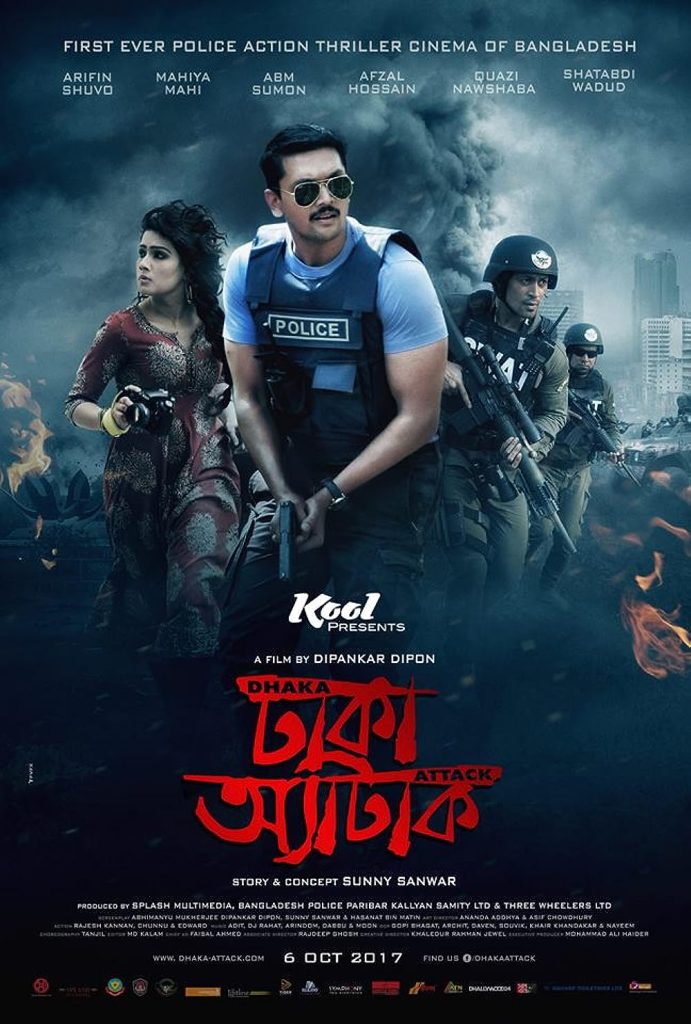
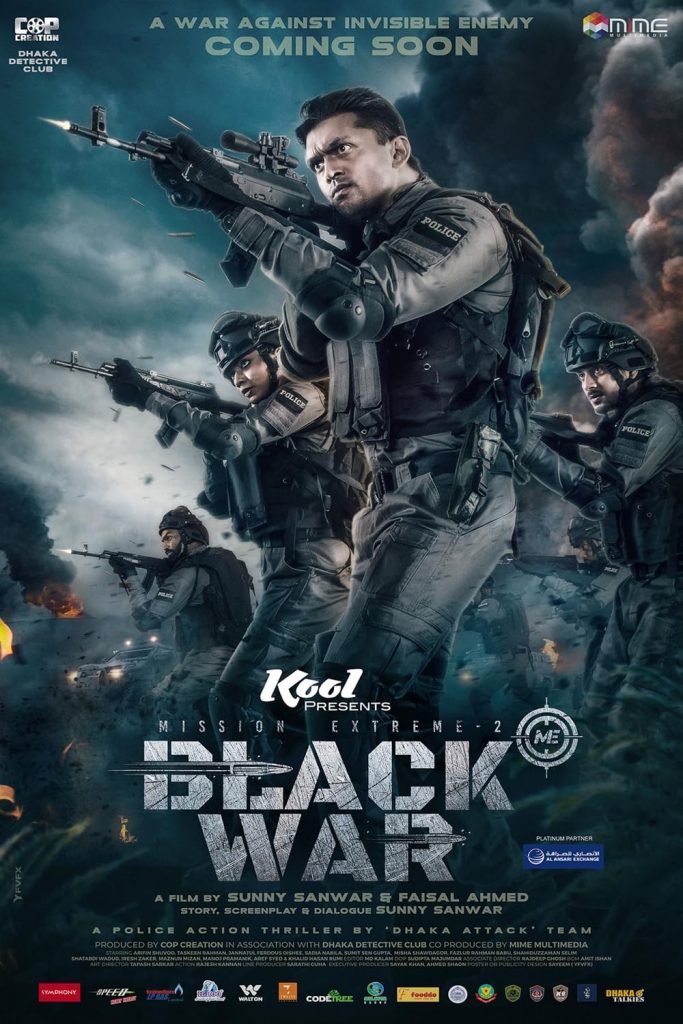
Earlier this year, MWB featured Arifin Shuvoo on their cover. He talked about how working with you has changed his perspective on action films in Bangladesh. Could you tell us a little bit about how you approach your filmmaking?
First and foremost, we like to work in a very organized way in our profession. We go through many trainings regarding management, leadership, and execution. I always try to apply my learnings from my profession while making films. I believe this is a very helpful and effective strategy.
As my films represent the work we do in real life, it is a very technical skill to master. So, I always explain everything to the artists and the crew in detail. In some cases, I invite the artists to my office and show them how a policeman behaves practically.
How do you balance achieving the realism of the social issues you raise in your projects, with creating an entertaining experience for your audience?
Firstly, there are always some issues, which we do not get to see on big screens. There was a scene in Black War where a conversation took place between Arifin Shuvoo and a terrorist. In this scene, the audience has seen Arifin reciting a verse from the Holy Qur’an and the terrorist doing the same. Anyone can tell the difference between these two recitations. So, as we need to encounter such incidents frequently, we need to have proper knowledge regarding these issues.
I always portray issues that are not harmful to the audience or the country. I try to present topics on the screen, which the audience has not thought of or seen before.
What is the best advice you’ve received?
The best piece of advice for me would be no matter what happens, always keep moving. From my childhood, I have always thought if I fail to accomplish any goal, I will not get another chance.
What is your advice for future directors?
We have many young directors in our industry who are very talented and ambitious. I believe what they need most is experience. And this experience can be gained in exchange for time or staying under the guidance of experienced directors.
Secondly, I would like to advise young directors to be careful while selecting content and know what the audience of our country wants.
What’s next for director Sunny Sarwar?
I have already worked on many movies of the action genre. But now, I want to work on a different genre. I have been planning to make sci-fi and murder mystery movies. Hopefully, the audience will get to see something new from me very soon.





